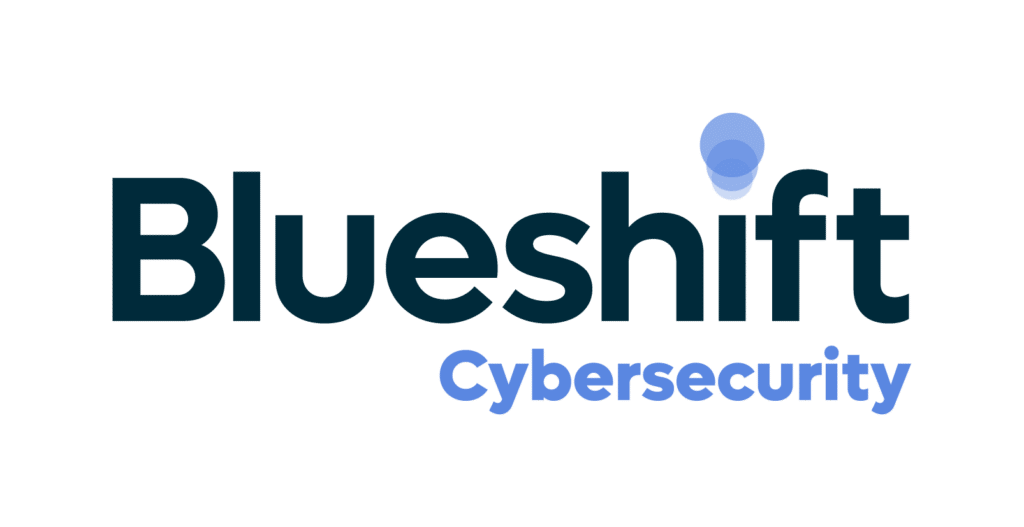In the healthcare field, protecting sensitive patient data is both a technical and human challenge. Cybersecurity threats are evolving rapidly, targeting vulnerabilities in systems and exploiting the human element. While advanced solutions like Managed SOC (Security Operations Center) provide essential technical defenses—monitoring networks, detecting threats, and responding in real-time—they are not a standalone solution. The effectiveness of any cybersecurity strategy depends on the awareness and vigilance of healthcare staff who interact with sensitive data daily.
This makes healthcare cybersecurity training a vital component of a comprehensive security approach. Employees, from administrative staff to medical professionals, must be equipped with the knowledge and skills to recognize, prevent, and respond to potential threats. Without proper training, even the most advanced cybersecurity measures can be undermined by human error, leaving healthcare organizations vulnerable to breaches, ransomware attacks, and other cybercrimes.
Why Cybersecurity Training is Essential in Healthcare
The healthcare environment presents unique cybersecurity challenges. Medical institutions handle vast amounts of sensitive data, from patient records to billing information, making them prime targets for cybercriminals. Phishing attacks, ransomware, and insider threats are common risks that cannot be mitigated by technical measures alone.
Cybersecurity education ensures that healthcare professionals understand these risks and know how to respond effectively. A well-trained workforce is the first line of defense against cyberattacks, reducing the likelihood of errors and helping to secure patient data.
Key reasons for prioritizing healthcare cybersecurity training include:
- Increased Threat Awareness: Employees who are aware of common cyber threats, such as phishing and malware, are better equipped to recognize and avoid them.
- Mitigation of Human Error: Studies show that human error is a leading cause of data breaches. Training helps employees avoid mistakes that could compromise security.
- Compliance with Regulations: Laws like HIPAA require healthcare organizations to implement regular cybersecurity training programs to protect patient information.
Complementing Technical Measures with Managed SOC
While cybersecurity education empowers employees, it must be paired with advanced technical solutions to provide comprehensive protection. Managed SOC plays a vital role in healthcare cybersecurity by offering real-time threat detection and response, ensuring that organizations remain secure even when human vigilance is not enough.
Key benefits of combining training with Managed SOC include:
- Proactive Threat Monitoring: Managed SOC provides 24/7 monitoring, identifying potential threats that staff might miss. This complements training by ensuring continuous protection.
- Incident Response Support: In the event of a security breach, Managed SOC enables rapid containment and resolution, minimizing the impact of the incident.
- Improved Reporting and Insights: A Managed SOC collects and analyzes security data, providing actionable insights that can inform and improve training programs.
- Seamless Integration: Managed SOC solutions integrate with existing infrastructure, offering a technical safety net that complements the human element provided by training.
The Role of Ongoing Education
Cyber threats are constantly evolving, which makes continuous cybersecurity education critical. One-time training sessions are not enough; healthcare organizations must implement ongoing programs to keep employees informed about the latest threats and best practices.
Effective ongoing training includes:
- Regular Updates on Emerging Threats: Employees should be briefed on new types of attacks, such as advanced phishing scams or ransomware tactics.
- Interactive Simulations: Training programs that include simulated phishing attacks or mock breaches can help employees practice their responses in real-world scenarios.
- Role-Specific Training: Tailoring education to specific roles within the organization ensures that all staff understand the risks relevant to their responsibilities.
Building a Culture of Security
Combining healthcare cybersecurity training with Managed SOC fosters a culture of security within the organization. Employees become active participants in safeguarding sensitive data, while technical measures provide a safety net to catch threats that slip through.
This culture of security benefits not only the organization but also patients, who trust healthcare providers with their most sensitive information. When healthcare institutions invest in training and advanced technology, they send a clear message: protecting patient data is a top priority.
Protect Your Healthcare Organization with Blueshift Cybersecurity
Blueshift Cybersecurity provides tailored solutions to support both technical measures and ongoing education in healthcare organizations. Our Managed SOC offers 24/7 threat monitoring and rapid incident response, ensuring your organization remains secure.
Paired with our expertise in developing effective cybersecurity education programs, Blueshift empowers healthcare teams to recognize and respond to threats proactively. Contact us today to learn more about how our solutions can enhance your organization’s healthcare cybersecurity training and overall defense strategy.
